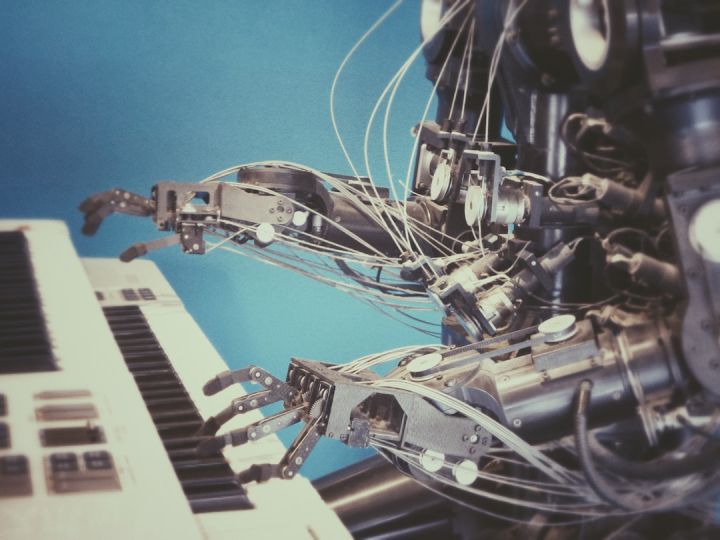What Are the Ethical Implications of General Ai?
Artificial Intelligence (AI) has become an integral part of our lives, with applications ranging from virtual assistants to self-driving cars. However, as AI continues to advance, the development of General AI raises significant ethical concerns. General AI refers to AI systems that possess the ability to understand, learn, and apply knowledge across various domains, similar to human intelligence. In this article, we will explore the ethical implications of General AI and the challenges it presents to society.
The Power and Autonomy of General AI
One of the primary ethical concerns surrounding General AI is its potential to possess immense power and autonomy. Unlike narrow AI systems, which are designed for specific tasks, General AI has the ability to independently make decisions and take actions based on its understanding of the world. This level of autonomy raises questions about accountability and responsibility. Who should be held accountable if a General AI system makes a harmful decision or takes actions that go against human values?
Bias and Discrimination in General AI
Another ethical implication of General AI is the potential for bias and discrimination. AI systems are trained on large datasets, which can inadvertently reflect the biases present in society. If these biases are not addressed, General AI could perpetuate and amplify existing societal inequalities. For example, if a General AI system is used in hiring processes, it may inadvertently discriminate against certain demographics based on the biased data it was trained on. It is crucial to develop mechanisms to detect and mitigate biases in General AI systems to ensure fairness and equality.
Privacy and Security Concerns
General AI also raises concerns about privacy and security. AI systems often require access to vast amounts of data to learn and make informed decisions. However, this data can contain sensitive and personal information. Without proper safeguards, General AI systems could potentially misuse or mishandle this data, compromising individuals’ privacy. Additionally, the advancement of General AI could pose security risks if malicious actors exploit vulnerabilities in these systems. Robust measures must be implemented to protect data privacy and ensure the security of General AI systems.
Unemployment and Socioeconomic Impact
The rapid development of General AI has sparked fears of widespread job displacement and socioeconomic disruption. As General AI systems become more capable, they may outperform humans in various tasks, leading to job losses across multiple industries. This displacement could exacerbate existing socioeconomic inequalities, leaving many individuals unemployed or underemployed. It is essential to consider the impact of General AI on the workforce and develop strategies to retrain and reskill individuals to adapt to the changing job market.
Ethical Decision-Making and Value Alignment
General AI’s ability to make autonomous decisions raises questions about ethical decision-making and value alignment. How can we ensure that General AI systems act in accordance with human values and ethical principles? Developing mechanisms for value alignment and ethical decision-making in General AI is crucial to prevent unintended consequences and ensure that AI systems prioritize human well-being.
Conclusion: Navigating the Ethical Landscape of General AI
As General AI continues to advance, it is imperative to address the ethical implications it presents. The power and autonomy of General AI, potential bias and discrimination, privacy and security concerns, unemployment, and the need for ethical decision-making are just a few of the challenges that must be navigated. By actively engaging in discussions and implementing robust frameworks, we can shape the development and deployment of General AI in a manner that aligns with our values and promotes the well-being of society as a whole.






